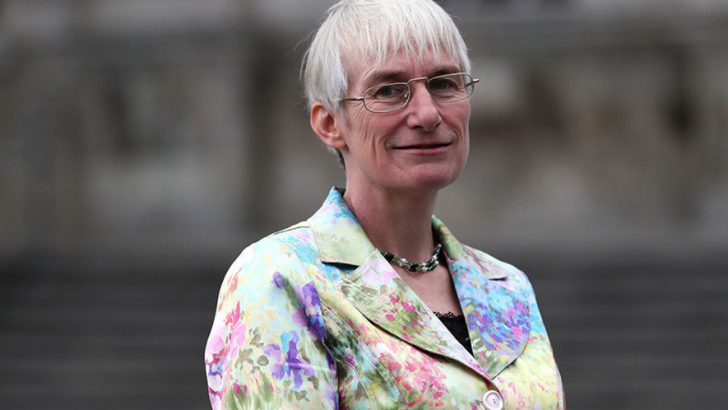Ignorance of religion in political and media circles in Ireland could lead to “apathy and violence”, according to a Trinity College Dublin (TCD) professor who is holding a conference on the dangers of religious illiteracy.
Dr Fáinche Ryan, Director of the Loyola Institute, told The Irish Catholic: “Today we have a problem in which people think they’re literate as Catholics because they went to a Catholic school and they were Baptised and so they speak about things Catholic, but they often don’t know what they’re speaking about.
“We often get that in political and media circles, we see examples of it pretty regularly.”
Results
The results of not understanding religious traditions can be “apathy and violence” said Dr Ryan, as well as a “disconnect and an inability to welcome the stranger because you’re afraid of the unknown, a lack of confidence in your own thinking and understanding”.
In Ireland, although the majority of people are Catholic, “the level of literacy isn’t great” explains Dr Ryan. “To engage with other traditions coming into our country we need to know our own tradition.”
Commenting on Ireland’s recent referendums, Dr Ryan said there was not enough literate debate in terms of the Catholic or Christian tradition.
“Just because the law says one things doesn’t mean we have to go along with the law and I think that brings us back to educating the people so that they understand that the law may not be safeguarding their faith tradition but that doesn’t mean their faith tradition is wrong,” she said.
“The law has to encompass the variety of people who are living in a country, we would hope that a law safeguards what we might term the common good of people.
“We might disagree with certain elements of the law and we might be correct but I think we’ve got to know what it is we’re about so that we can engage in dialogue and debate about it and try and inform others.”
Conference
Religious Literacy: Challenges for Today is the theme of the conference. It will take place on Thursday January 16 at 9am in the JM Synge Theatre, TCD. The speakers will both be academics and practitioners.
The event will also focus directly on the Irish experience of religious literacy and illiteracy with contributions from pastoral workers and priests working in the area of education.


 Chai Brady
Chai Brady Dr Fáinche Ryan
Photo:TheIrishNews
Dr Fáinche Ryan
Photo:TheIrishNews 